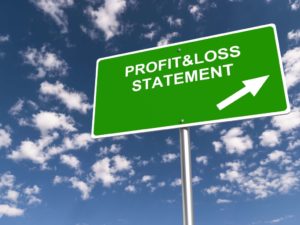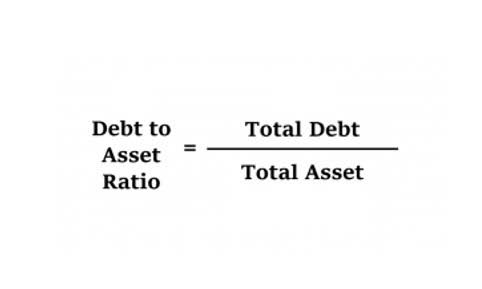
Managing cash flow effectively requires considering factors such as income, expenses, assets, liabilities and debt. Proper bookkeeping can help you stay organized and keep track of all tax-deductible expenses, maximizing your IRS tax savings at the end of the year. Accurate record-keeping of expenses is crucial for compliance with tax laws and regulations. Rental property ownership often involves fluctuating expenses, such as repairs and maintenance. It is important to plan for these expenses and budget accordingly.
- Some of the best property management software include FreshBooks, Buildium, Sage, and Property Matrix.
- Hidden property management keeps real estate investments profitable and organized.
- Real estate bookkeeping software is an excellent accounting solution for any landlord, property manager, or other real estate investor.
- Not only does it help you comply with tax laws and regulations, but it also provides valuable insights into the financial performance of your properties.
- Thoroughly evaluate these automation features based on the needs of your business when selecting the best real estate accounting software for you.
#7: Plan for Unexpected Expenses

Monitoring key performance indicators (KPIs) is crucial for tracking the financial health property bookkeeper of your rental properties. KPIs like occupancy rates, rental income, expenses, cash flow, and bank reconciliations can provide valuable insights into the performance of your properties and help you make informed decisions. Integration capabilities in real estate accounting software allow seamless data sharing between the software and other property management tools, making it easy to manage rental properties.
- He fell in love with real estate at a young age and has been working in the field since 2005.
- Automation features in accounting software can save you time and minimize manual data entry errors.
- Even if your collections are up-to-date, there’s always going to be that one expense that you didn’t see coming.
- Effective bookkeeping also helps you identify cost-saving opportunities, optimize your property management processes, and maximize your overall profitability.
- Controlled and automated exception handling allows parallel approvals, escalations, invoice posting, and reporting.
- Once you’ve got that in place you’ve paved the way to financial success in property investments.
Informed decision-making

In the hustle and https://www.bookstime.com/ bustle of New York City, New York, where small businesses span diverse sectors from retail to hospitality, Bench Accounting provides a pioneering approach to online bookkeeping. That’s where Bench comes in—our intuitive software handles these financial intricacies, and our team of human bookkeepers work with precision and dedication to ensure your financial matters are always in order. Using past data from rental properties to forecast future rental expenses is essential.

Enhancing Financial Transparency and Stakeholder Trust
You effortlessly navigate the dynamic currents of income and expenses, making sure your properties are in tip-top financial https://www.instagram.com/bookstime_inc health. Instead, think of it as a yearly report card specifically for tax purposes. Landlords use Schedule E forms to report all their rental income and expenses (including depreciation) for the entire tax year to the IRS. This helps them determine their taxable income from the rental property and claim any eligible deductions to minimize their tax burden. It’s a crucial step in ensuring accurate tax filing for rental properties. For landlords, property management bookkeeping is one of those ugly little jobs that must be completed day in and day out.
- Finally, unexpected expenses may include paying for marketing tools if there are too many vacancies.
- Experts evaluate the property’s age, condition, amenities, and maintenance costs.
- Bookkeeping data plays a vital role in evaluating property investments, budgeting for renovations, and assessing the profitability of rental properties.
- This strategic approach to tax planning can substantially reduce liabilities and improve a company’s bottom line, making it an essential practice for any competitive real estate business.
- Real estate investors often need expertise beyond the basics of rental property accounting.
- Investors, lenders, and clients alike depend on the accuracy of a real estate firm’s financial data to make informed decisions.
Keeping It Real With Real Estate Bookkeeping

For landlords, maintaining a well-organized bookkeeping system is critical for your long-term success. Tax time will be difficult if you can’t properly account for all the income and expenses of running a property management business. Real estate businesses often rely on external funding and partnerships for growth and expansion. Proper bookkeeping plays a vital role in building investor confidence and attracting financing opportunities. Investors and lenders require transparency and reliability when assessing the financial health and potential returns of a real estate venture.

